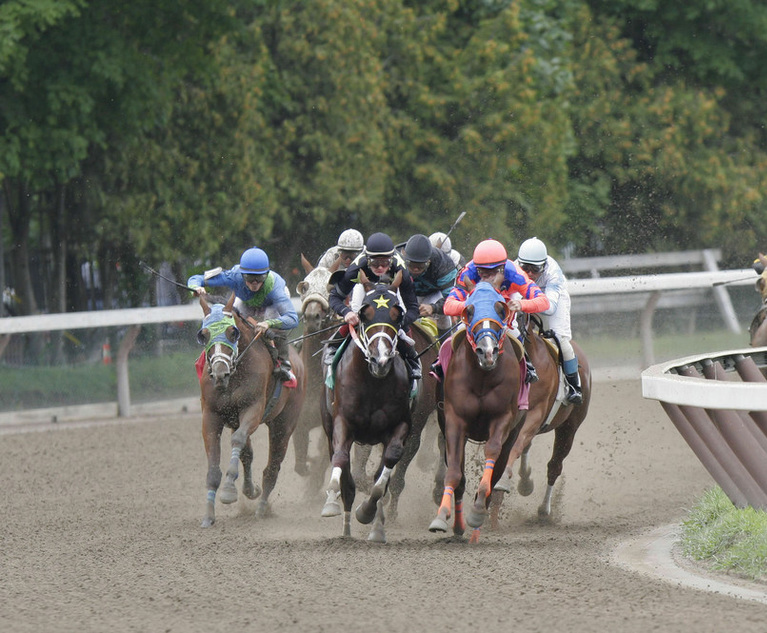It warms an appellate lawyer’s heart to see the decision in one of his old cases grab the public’s attention.
Just last month, the New York Times published a letter that President Donald Trump’s counsel sent in January to Robert Mueller. Mueller is, of course, the special counsel investigating possible collusion with Russian intervention in the 2016 U.S. presidential election. The letter explains that the president has declined to be interviewed in the investigation and, more broadly, argues why the president could not be subpoenaed to testify. Practically the sole authority given for the latter conclusion was In re Sealed Case (Espy), 121 F.3d 729 (D.C. Cir. 1997).


 Charles Kagay.
Charles Kagay.




